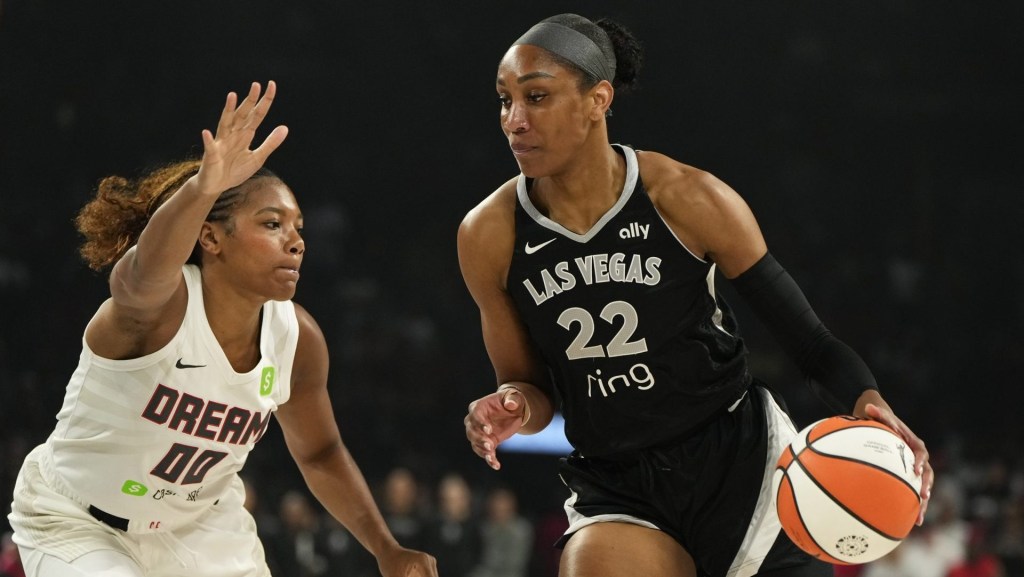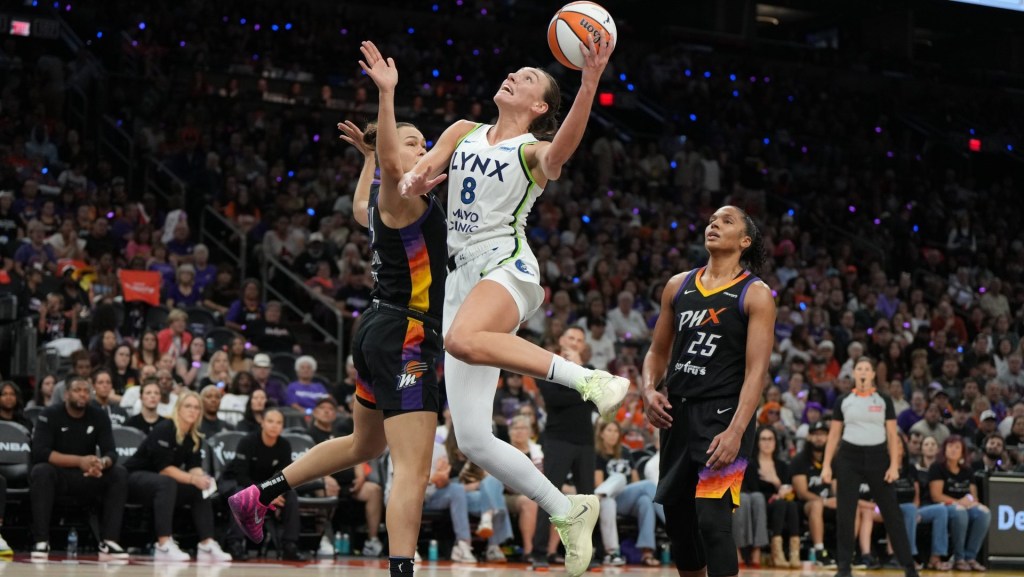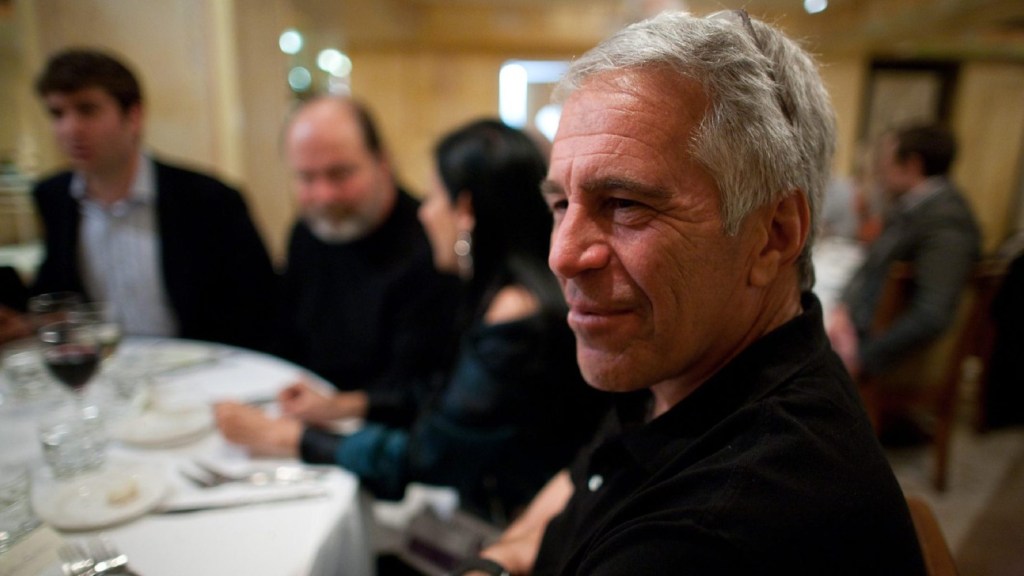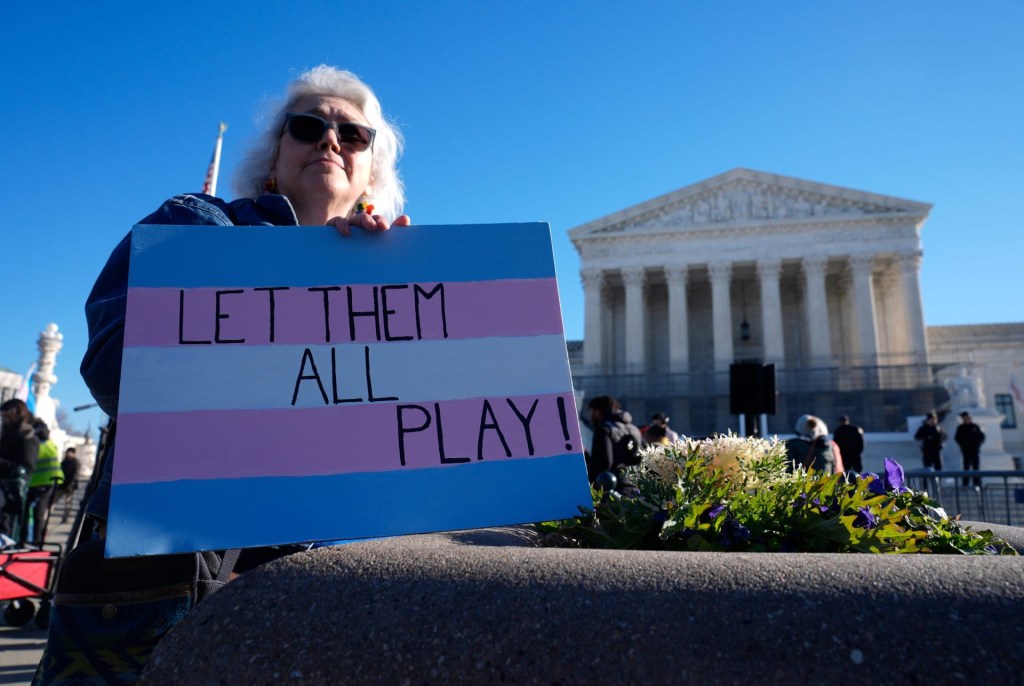Ole Miss football player DeSanto Rollins’ lawyer, alleged that head football coach Lane Kiffin “intended to harm” Rollins and offered up examples of how Kiffin “intentionally treated” Rollins differently from white players, according to a court filing obtained by Front Office Sports.
Rollins’ attorney, Carroll Edward Rhodes, made a series of rebuttals in a Tuesday filing in response to a motion to dismiss filed by Ole Miss and Kiffin, including how an unnamed Rebels kicker remained on the team after a positive drug test.
“All of Kiffin’s actions and inactions were intentional, deliberate, malicious, grossly negligent, negligent, and taken in reckless disregard for the rights and mental health of Rollins,” Rhodes wrote. “All of the actions and inactions [of employees of the Ole Miss athletics department] were grossly negligent, negligent, and taken in reckless disregard for the rights and mental health of Rollins. Kiffin was malevolently ingenious in the manner he discriminated against Rollins.”
Rollins, who is Black, alleged in the federal lawsuit that seeks $40 million in damages that Kiffin “ignored” indications Rollins suffered from depression that the lawsuit said was a result of a series of injuries and the death of his grandmother.
Rollins said in an affidavit attached as an exhibit to Tuesday’s filing that Kiffin effectively removed him from the team at a March 21 meeting.
FOS obtained audio of the media and was the first outlet to publish it.
“This is a job,” Kiffin told Rollins. “Guess what? If I have mental issues — and I’m not diminishing them — I can’t not see my f—ing boss, when you were told again and again the head coach needs to see you.”
In their motion to dismiss, Ole Miss and Kiffin claimed Rollins “remains on the team, with his football scholarship.”
Rollins, however, listed why, since that March 21 meeting, he’s effectively not a Rebels player, including not receiving:
- Invites to team meetings or meals.
- Jersey and other apparel.
- Travel to away games.
- An invitation to participate in Senior Day.
Rollins alleged in the September lawsuit that white athletes didn’t face repercussions when they sought to take a break from their teams while dealing with depression, according to the lawsuit.
In a motion to dismiss they filed earlier this month, Kiffin and Ole Miss presented several legal arguments explaining why they believe the case should be dismissed.
“There is no statutory duty for a football coach to manage his team roster or speak to his players in any particular way,” the lawyers for Kiffin and the school wrote in the motion. “To the contrary, Mississippi courts have recognized that coaching decisions are largely discretionary because ‘coaches know their players and must be able to control their teams.’”
The motion to dismiss also stated it “cannot be said” Kiffin discriminated against Rollins, minus examples that show Kiffin treated white and Black players differently.
In Tuesday’s filing, Rhodes provided two that allegedly show “evidence of disparate treatment of white and black football players.”
“Last year, a white male kicker for the football team tested positive for drugs, and Coach Kiffin gave him a break from the team, but he was not kicked off the team by Coach Kiffin,” Rhodes wrote. “The white kicker is still on the team.”
This year, Kiffin gave another white player time off while his father was ill and later died, according to the filing. That player also remains on the team.
“He kicked Rollins off the team and denied him all team benefits and privileges but listing him on the player roster while allowing white players to take a break and remain on or return to the team,” Rhodes wrote.
Ole Miss and the outside lawyers representing Kiffin and the school did not immediately return messages.
Magistrate Judge Roy Percy issued a stay in the case on Nov. 9, a day after Kiffin and Ole Miss filed their motion to dismiss.



![[Subscription Customers Only] Jul 13, 2025; East Rutherford, New Jersey, USA; Chelsea FC midfielder Cole Palmer (10) celebrates winning the final of the 2025 FIFA Club World Cup at MetLife Stadium](https://frontofficesports.com/wp-content/uploads/2026/02/USATSI_26636703-scaled-e1770932227605.jpg?quality=100&w=1024)













